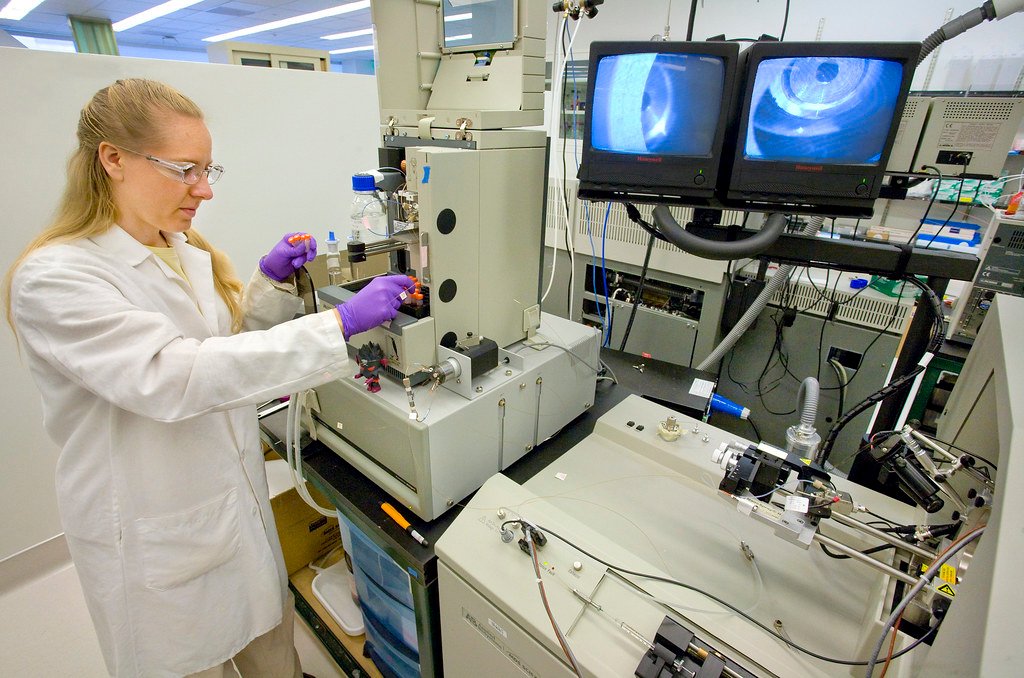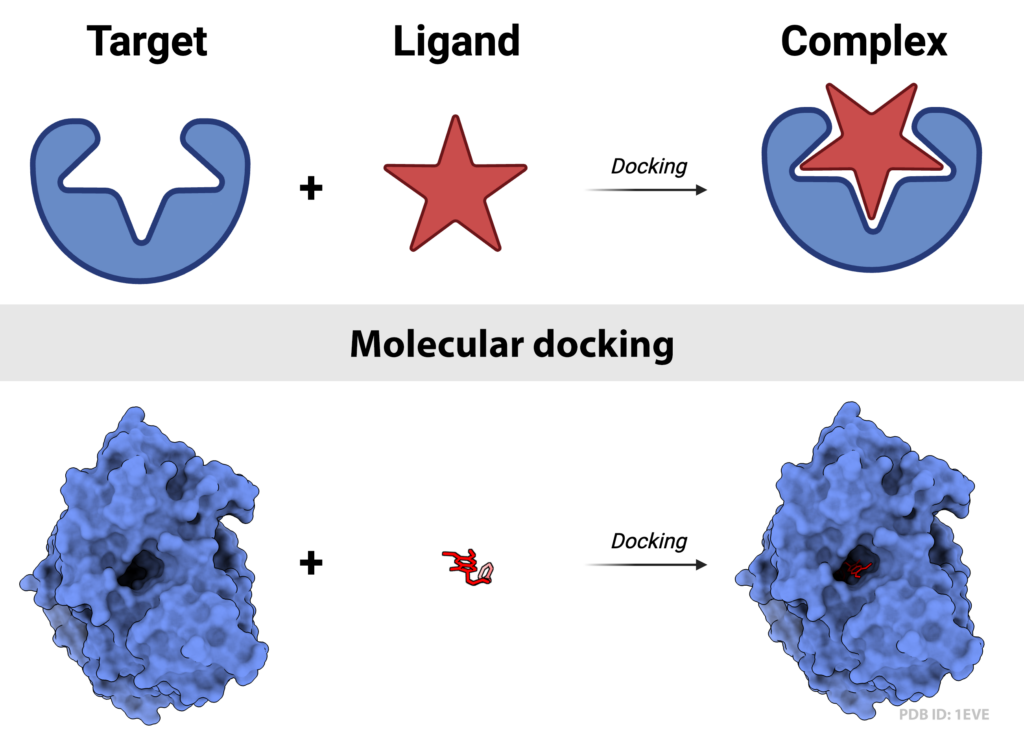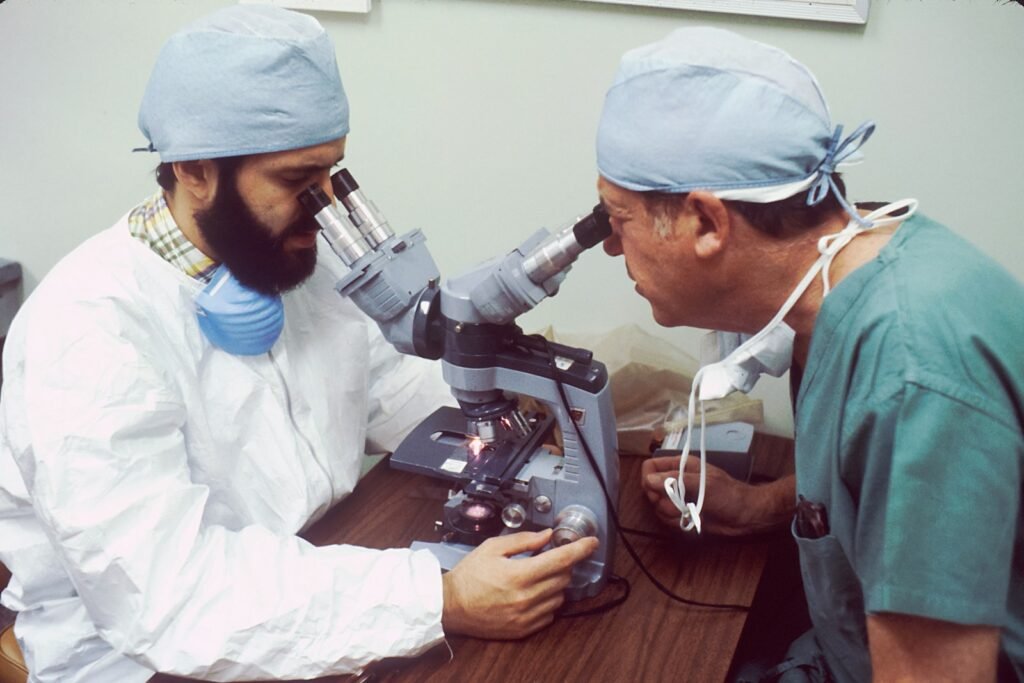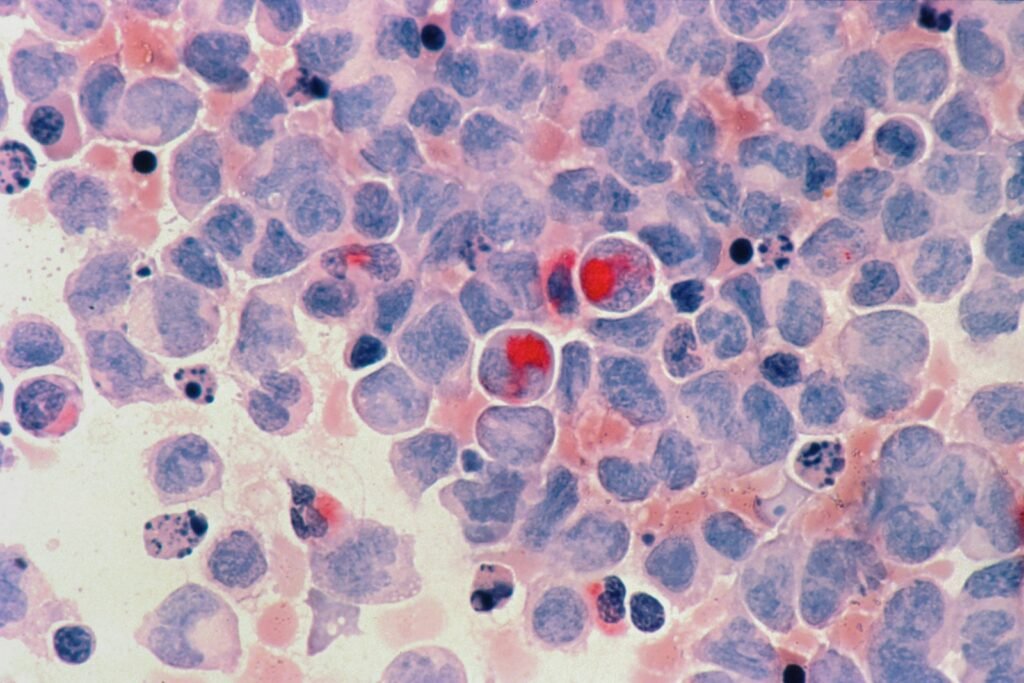Cancer remains one of the most formidable challenges within the medical field, affecting millions worldwide. Despite advances in surgery, radiation, and chemotherapy, cancer’s complex nature often renders conventional treatments less effective. As science delves deeper into the molecular biology of cancer, new strategies focus on targeted therapies that promise more effective and personalized treatments. Among these approaches, the fields of proteomics and molecular docking are gaining prominence, offering innovative pathways in drug discovery.
The Role of Proteomics in Cancer Research

Proteomics, the large-scale study of proteins, offers vital insights into the molecular mechanisms of cancer. Proteins, being the functional molecules responsible for various cellular processes, play crucial roles in cancer development and progression. By understanding the protein expression context in cancer cells, researchers can identify specific biomarkers and therapeutic targets.
The advent of advanced technologies like mass spectrometry has propelled proteomics into a powerful tool for exploring the proteome, the entire set of proteins expressed in a cell or organism at a given time. In cancer research, it enables the identification of aberrant protein expressions unique to cancer cells, paving the way for targeted therapies that can specifically address these abnormalities.
Molecular Docking: A Window Into Drug Discovery

Molecular docking is a computational simulation process that predicts the preferred orientation of one molecule to a second when bound to each other, such as a drug with its target protein. By understanding this interaction, researchers can design drugs that fit precisely into the active sites of target proteins, effectively inhibiting their cancer-promoting activities.
The precision of molecular docking makes it an invaluable tool in drug discovery, allowing researchers to screen vast libraries of compounds quickly and efficiently. By simulating how different molecules interact with target proteins, scientists can identify potential drug candidates that possess the optimal structure for maximum efficacy, specificity, and minimal side effects.
Integration of Proteomics and Molecular Docking

The combination of proteomics and molecular docking holds the potential to revolutionize cancer drug discovery. Proteomics identifies the proteins involved in cancer, while molecular docking helps design inhibitors against these targets. This integrative approach can lead to the development of drugs that specifically target cancer cells with high precision.
For example, through proteomics, researchers may identify a protein that is over-expressed in a particular cancer type. Molecular docking can then be employed to find a compound that fits precisely into the protein’s active site, inhibiting its function. This precision-targeted method promises not only to enhance treatment efficacy but also to minimize damage to healthy cells, reducing side effects.
Challenges and Future Directions

Despite the promise these technologies hold, challenges remain. Cancer’s heterogeneity means that a one-size-fits-all approach is unlikely to be successful. The integration of proteomics and molecular docking into mainstream cancer treatment requires considerable refinement and personalization.
Advancements in bioinformatics, machine learning, and artificial intelligence are expected to enhance the accuracy and efficiency of these techniques, making them more applicable and useful. As researchers continue to unravel the complexities of cancer, the hope is that these technologies will lead to the development of highly personalized cancer treatments tailored to individual patients.
Conclusion: A Hopeful Future

While we may not have definitively “beaten” cancer, the synergistic use of proteomics and molecular docking in drug discovery represents a significant step forward. By targeting the disease at a molecular level, these technologies offer the promise of more precise and effective treatments. As research continues to advance, the ultimate goal is to transform cancer from a life-threatening disease into a manageable condition, improving outcomes and quality of life for patients worldwide.




